How Long Does It Take For A Piercing To Close & How To Open It
Discover quick and efficient ways to stop your favorite piercing from closing.
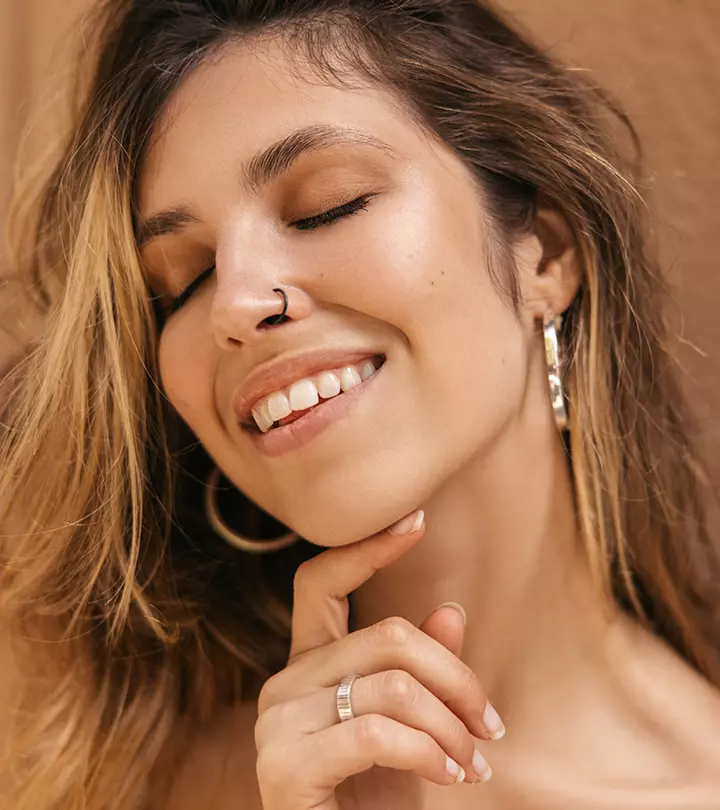
Image: Shutterstock
Piercings are a great way of capturing one’s unique personality and style. However, keeping the piercing empty without jewelry for long durations or lack of care can cause it to close. This brings us to the question, “How long does it take for a piercing to close?” The answer is not that simple as various factors affect this process. But fret not. We have got you covered. Check out this article to understand what exactly happens, the factors that affect closure time, how to open it, and more. So, whether you are an enthusiast or a beginner, this article will provide you with essential details to handle this situation. Read on.

In This Article
How Long Does It Take For A Piercing To Close?
No one can say for sure as it varies from person to person depending on factors such as the piercing’s location and age and the individual’s healing ability. Some piercings may take a few days to weeks, while others may take months to even years.
There are various factors that influence a piercing’s closing time. Find out more in the following section.
Key Takeaways
- The closing time for piercings may vary from individual to individual depending on factors such as the age of the piercing, its location, and individual healing rates.
- You may use a stud and petroleum jelly to loosen a piercing hole if it has shrunk.
- Wear a piece of jewelry such as a stud at all times to prevent the piercing from closing.
Factors Affecting Piercing Closing Time
Several factors can affect the piercing’s closing time. Some of them include:
- Age Of The Piercing: A piercing’s age definitely affects its closing time. An older piercing may take months or years to close, whereas a brand-new piercing may close within a few hours or days. The clean jewelry inserted into the piercing hole during the initial healing period acts as a stabilizer that helps maintain the shape of the piercing and even prevents it from closing. However, the removal of jewelry during this time can cause the tissues around the pierced area site to gradually close as part of the healing process. Even the old piercings you got in childhood may close as the pierced site may undergo changes over time and respond to the absence of jewelry, causing the piercing to eventually close (1), (2).
- Location Of The Piercing: Piercing areas or body parts with delicate skin or thinner tissues may close quickly as compared to body parts with cartilage due to the lack of blood supply in that region. For instance, a tongue or oral piercing may close more quickly compared to a helix, nose, or cartilage piercing because wound healing differs for different parts of the body (3).
- Individual Healing: Closure time can vary from person to person due to factors such as skin type, immunity, the gauge of the piercing, and the overall health of the individual (4).
The above factors determine the piercing’s closure rate for every individual. Scroll down to check out whether nose piercings close or not.
Do Nose Piercings Close?
Yes, nose piercings close, However, the part of the nose will determine the closure rate. For instance, the mucous lining present inside the nostril may be more susceptible to closure as compared to the outer portion of the nose, which is drier and has no protective lining (5), (6).
A fresh piercing hole may close within 24 hours or a few days after removing the jewelry during the initial period. This can leave you with a small scar. On the other hand, an old piercing can take anywhere between a few weeks to a few months.
Belly button piercings are popular among newbies and enthusiasts alike, but do they close after some time? Find out below.
Do Belly Button Piercings Close?
.Anecdotal evidence suggests that navel piercings can take 9-12 months to close as compared to ear or nose piercings, which roughly take between 2 to 9 months. On the other hand, older piercings may take years to close or may not even close at all due to the piercing’s size, leaving a visible hole in the navel.
Era piercings are one of the most common piercings that are prone to closure. Find out more about it below.
Do Ear Piercings Close?
Yes, anecdotal evidence suggests that earlobe piercings may close rapidly within the first 2 months after the piercing process, It can also close within 24 hours after the process due to the absence of jewelry. On the other hand, helix piercing may stay open for a longer time due to the limited blood supply in the cartilage, which in turn can delay healing and closure rate (7). Once it heals completely, it can remain open for years even without wearing any jewelry in it.
Nipple piercings are one of the edgiest and boldest ways to express oneself. Find out about its closure rate below.
Do Nipple Piercings Close?
Nipple piercings can close quickly as the nipple area is highly vascular which in turn can lead to faster closure rates of holes (8). Anecdotal evidence suggests it can take around 9-12 months to heal and 6 months to become stable.
The closure rate of a tongue piercing may be different as compared to the previous piercings. So, how long does it take a tongue piercing to close? Find out more about it below.
Do Tongue Piercings Close?
Tongue piercings usually have a quicker closure due to the presence of saliva that can help promote wound healing, leading to quick closure (3). Anecdotal evidence suggests that it can close within a few hours to 4-8 weeks after the procedure. However, the jewelry’s gauge may cause some piercings to remain open.
 Pro Tip
Pro TipLip piercings are stylish and make a chic statement. Now, do lip piercings close? Yes, they can also close if proper aftercare instructions are not followed. Find out more about it below.
Do Lip Piercings Close?
Lip piercings may close quickly due to thinner membranes. Some lip piercings can take days and weeks to heal, while others may close within a few minutes after taking the jewelry out. This may leave you with a small scar on your lip.
Regardless of the type of piercing you get, not following the aftercare instructions provided by your piercing professional can lead to quick closure. But fret not. Check out the section below for what to do in this situation.
What To Do If A Piercing Closes?
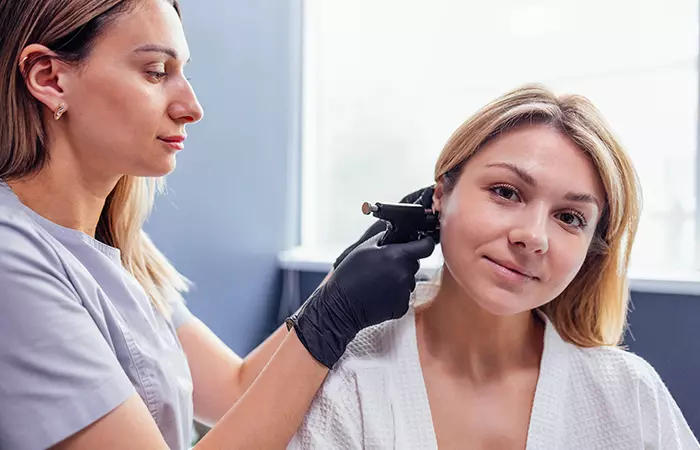
You can get your piercing hole re-pierced if it closes. However, note that piercing the same spot may result in scar tissue or infection. Therefore, consult a professional piercer who will assess and see if the hole can be re-pierced or not. If there is extra scar tissue present, your piercer may suggest getting a new piercing near the old site to ensure it heals properly. Either way, both cases require treating the piercing site like a new piercing and following the aftercare instructions to the tee to ensure it heals without any complications. As mentioned earlier, there is an increased risk of infection if you wish to re-pierce the same spot. Hence, it is advised to get a fresh piercing in a new area as this helps minimize complications and ensures better healing.
You can only re-pierce a piercing if it is not completely closed. Scroll down to the next section to find out how to open a piercing.
How To Open A Closed Piercing
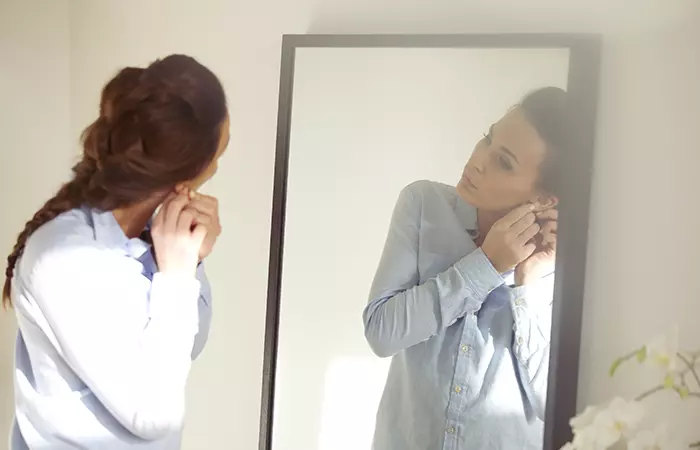
One must practice patience and precision when repiericng the hole to ensure it does not cause any injuries or bleeding. Here are some tips to help you do it effortlessly:
- Try Manually Reopening It: Take a warm shower to help soften the skin. Once done, try sliding your piercing jewelry into the hole. If you feel any resistance, there is a good chance that the piercing hole has shrunk. You can either use sanitized jewelry of a smaller gauge or a taper needle to slowly and gently stretch the piercing. If the hole opens up, you can gently insert your jewelry in it.
Note:
If the piercing has healed and you cannot find the end of the piercing hole, do not thrust a needle or jewelry into it. It may cause injury and lead to infection. Visit your piercing artist, and they will be able to determine if the piercing can be saved or not.
- Use Petroleum Jelly: You can apply some petroleum jelly to the affected area as it will act as a lubricant and help your jewelry go in. Try stretching the piercing site slightly to help slide it in. Keep the stud or jewelry in for a few weeks to prevent it from closing.
Serena, a blogger, shares her experience of stretching her earlobe to help reinsert her jewelry into the piercing hole. She writes, “Massage the piercing hole and insert through the back towards the front. Because there was always resistance, I gently massaged the front to help coerce the end of the piercing through (i).”
 Quick Tip
Quick TipTaking the right measures and steps can help ensure you prevent your piercing from closing in the first place. Explore more in the next section.
How To Prevent A Piercing Hole From Closing
The simplest and the only way to prevent the hole from closing is to wear jewelry constantly. You can insert a small stud or hoop at the pierced site and rotate it a few times daily while applying a bit of vaseline to smoothen the process. This will help to keep the hole open for an extended period of time. You can even use a glass retainer or a stud matching your skin tone to keep the hole open. However, one must keep in mind to never remove the jewelry until the piercing has fully healed as it can increase the risk of bleeding or scarring.
A body piercing is essentially an open wound that requires attentive care to ensure it does not close. Factors such as an individual’s immunity and how old the piercing is may affect how quickly it closes. If your piercing happens to close, you can attempt to reopen it with some lubricant and a stud. However, if you find it difficult to push the stud through the hole, it is best to stop immediately and consult a piercer. They will examine the area and see if they can re-pierce the area or recommend getting a new piercing nearby to prevent complications.
Frequently Asked Questions
Is re-piercing more painful?
This may vary from person to person. Some report the re-piercing to be as painful as the initial piercing, while others report it to be less painful. Remember, your individual pain tolerance plays a key role in how you perceive pain. So, if you have a low pain tolerance, then it is better to consult your piercer for further information.
Does a re-piercing heal faster?
This depends on the scar tissue and the way your piercing has healed. Anecdotal evidence suggests that the healing may be slightly quicker than your initial piercing if one is re-piercing the same spot as an internal channel is already present there.
Does the material of the jewelry affect the closure process?
Yes, jewelry made from high-quality, biocompatible materials such as surgical-grade stainless steel and titanium are less likely to cause any irritation or allergic reaction, reducing the risk of closure (10).
Improper care or removal of jewelry may cause your favorite piercing to close. But fret not. Watch this video to gain valuable insight and information about piercing closure and more.
Personal Experience: Source
StyleCraze's articles are interwoven with authentic personal narratives that provide depth and resonance to our content. Below are the sources of the personal accounts referenced in this article.
(i) Stretch those pierced earlobe earring holes!
https://theurbanpocketknife.wordpress.com/2010/02/16/stretch-those-pierced-earlobe-earring-holes/
References
Articles on StyleCraze are backed by verified information from peer-reviewed and academic research papers, reputed organizations, research institutions, and medical associations to ensure accuracy and relevance. Read our editorial policy to learn more.
- Factors Affecting Wound Healing
https://www.ncbi.nlm.nih.gov/pmc/articles/PMC2903966/ - Tissue repair
https://www.ncbi.nlm.nih.gov/pmc/articles/PMC3055648/ - Saliva and wound healing
https://pubmed.ncbi.nlm.nih.gov/23878824/ - Wound Physiology
https://www.ncbi.nlm.nih.gov/books/NBK518964/ - Anatomy Head and Neck Nasal Cavity
https://www.ncbi.nlm.nih.gov/books/NBK544232/ - The Bigger Picture: Why Oral Mucosa Heals Better Than Skin
https://www.ncbi.nlm.nih.gov/pmc/articles/PMC8394648/ - Anatomy Head and Neck Ear
https://www.ncbi.nlm.nih.gov/books/NBK470359/ - Vascular reliability of nipple-areola complex-bearing pedicles: an anatomical microdissection study
https://pubmed.ncbi.nlm.nih.gov/17496587/ - SUGGESTED AFTERCARE FOR ORAL PIERCINGS
https://safepiercing.org/oral-aftercare/ - JEWELRY FOR INITIAL PIERCINGS
https://safepiercing.org/jewelry-for-initial-piercings/
Read full bio of Eve Phillips
Read full bio of Joyce Joyson
Read full bio of Eshna Das
Read full bio of Shreya Mukherjee







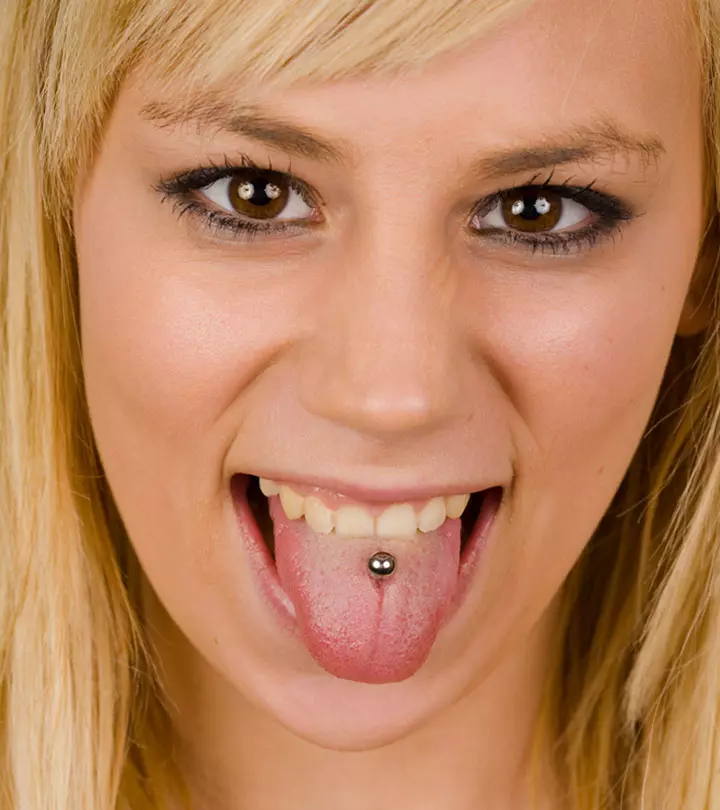

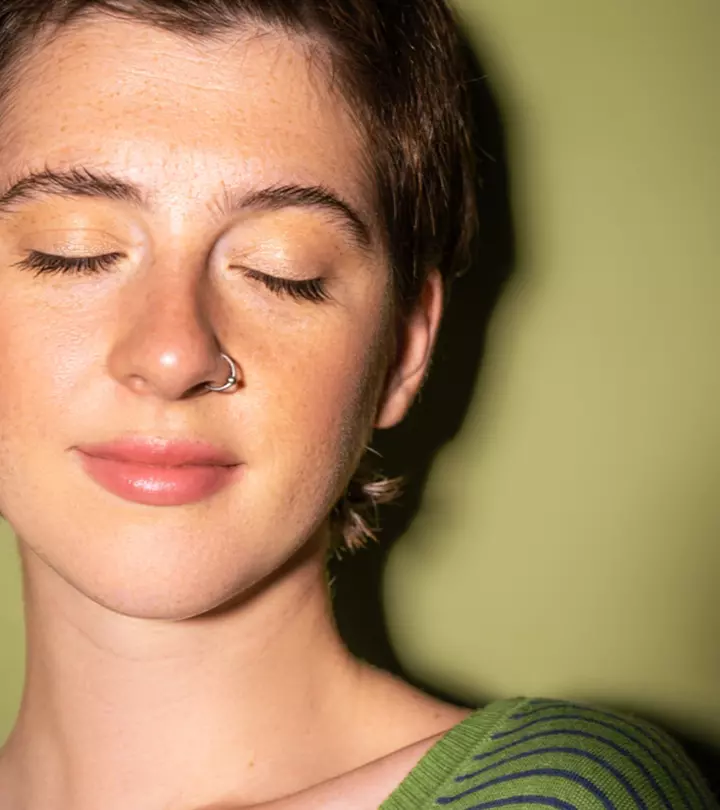
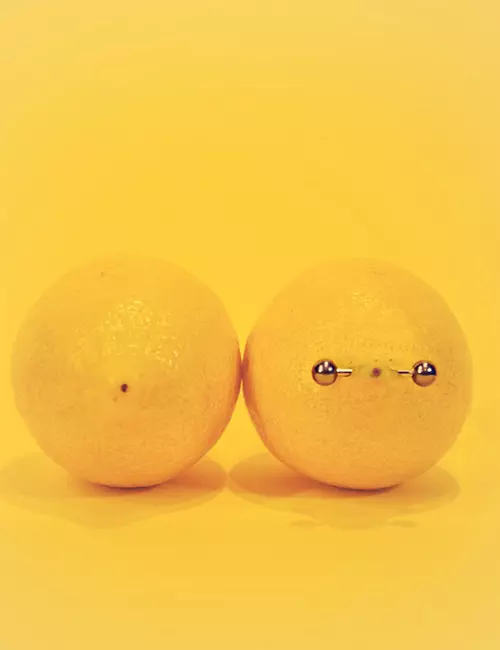
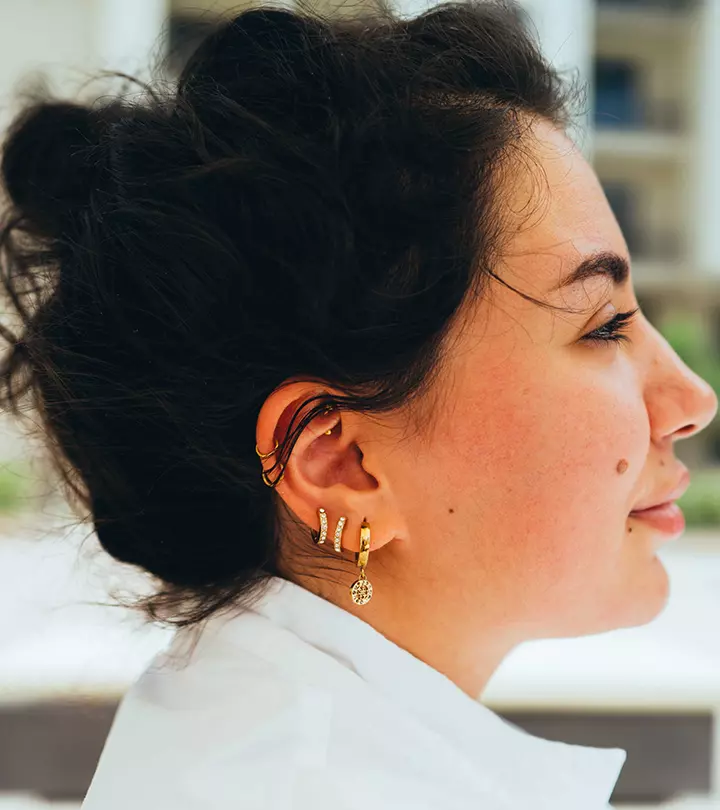
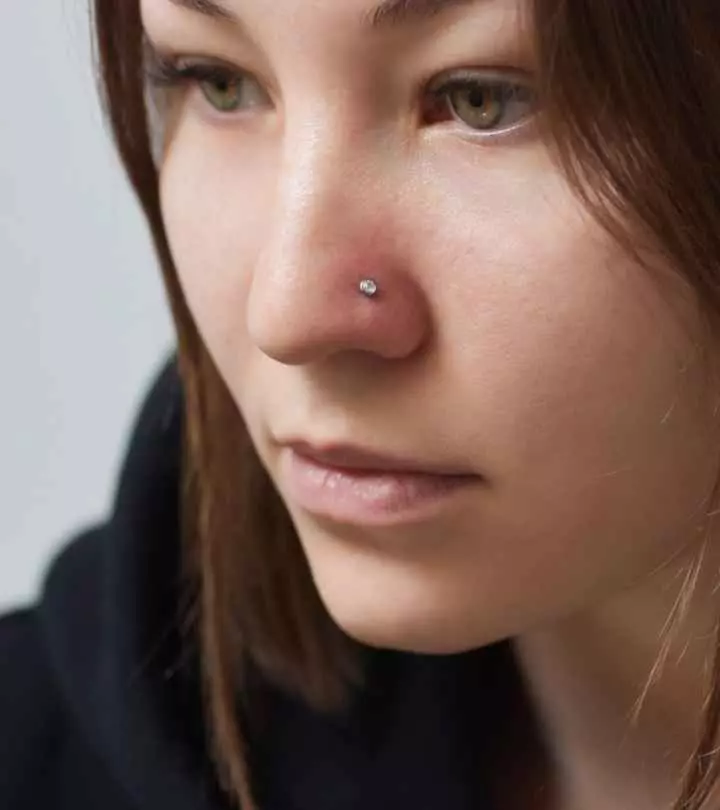
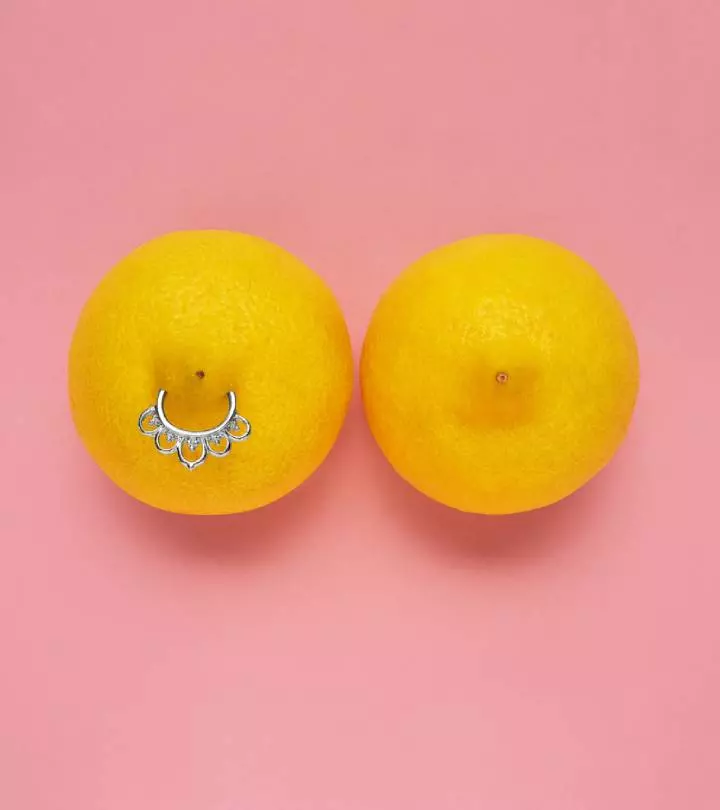
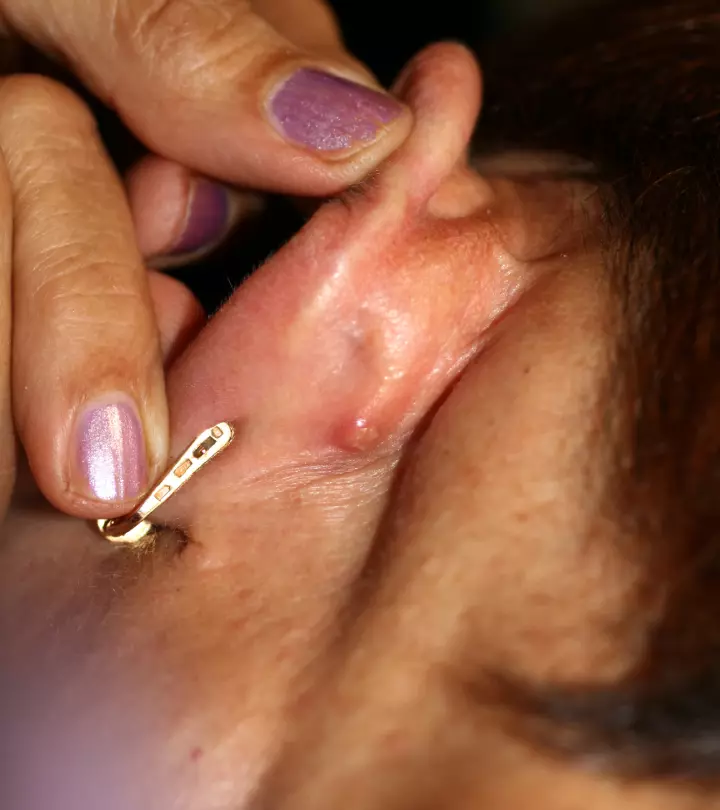

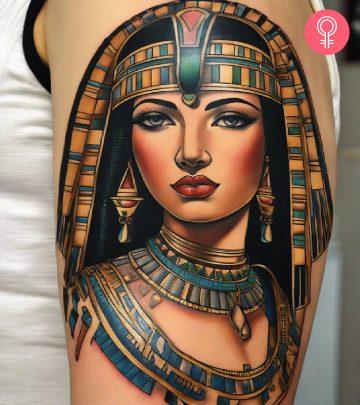
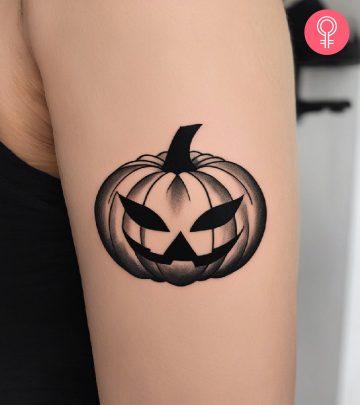



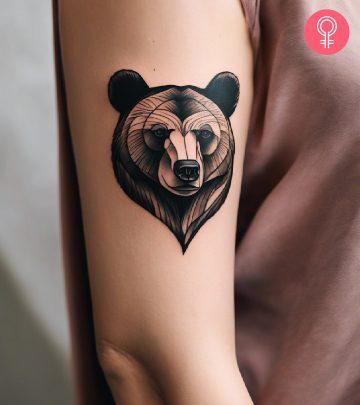
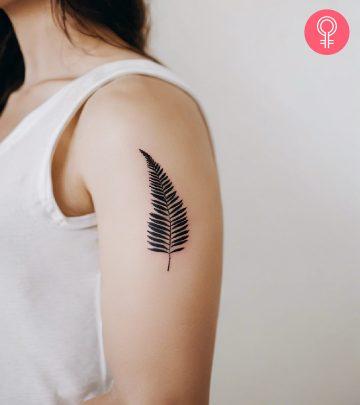
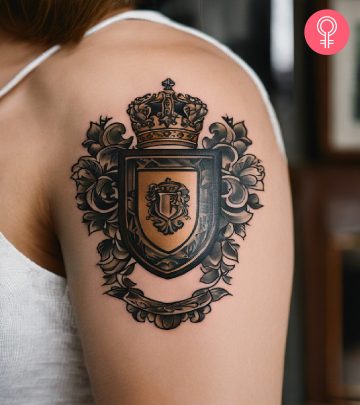
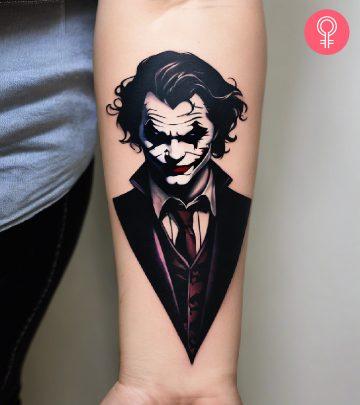
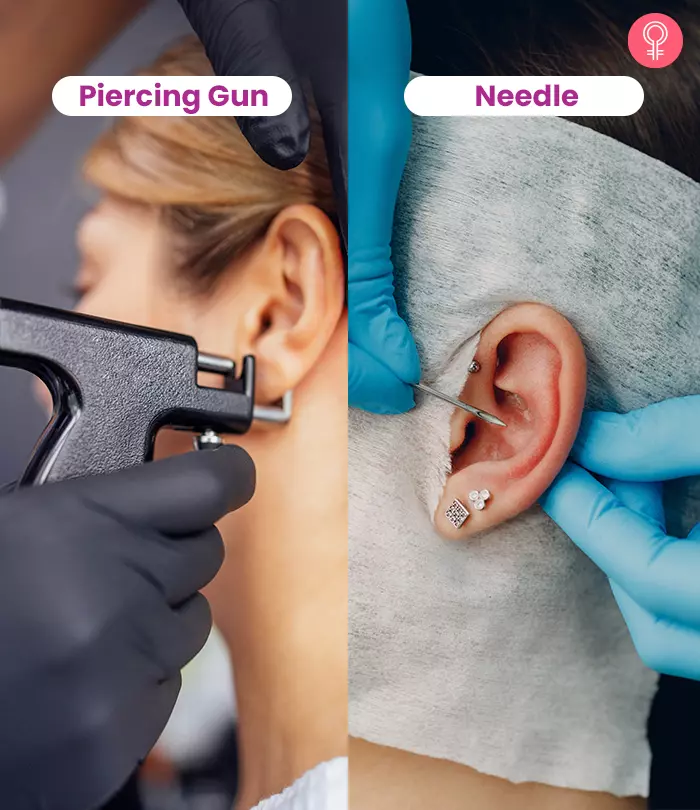

Community Experiences
Join the conversation and become a part of our empowering community! Share your stories, experiences, and insights to connect with other beauty, lifestyle, and health enthusiasts.